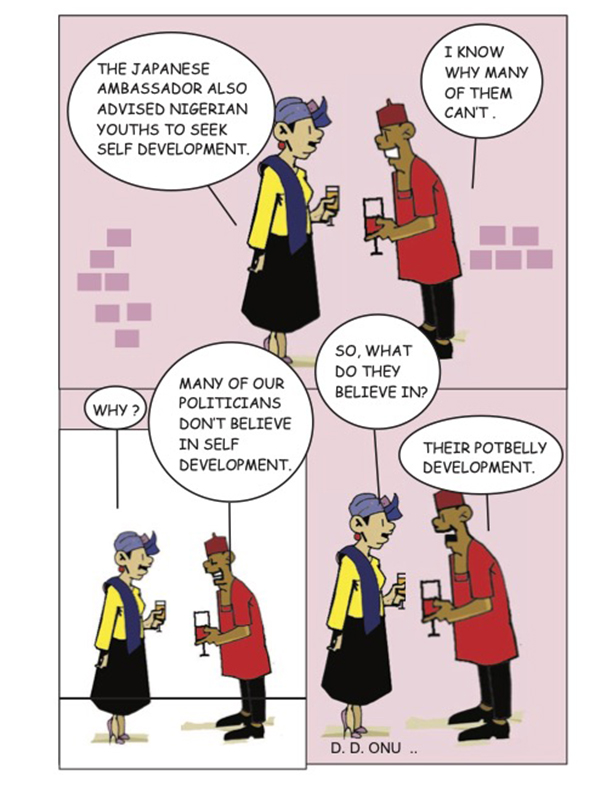It is crucial to assert unequivocally that the nature of warfare has significantly evolved due to the introduction of advanced technologies like drones and missiles. These innovations enhance the accuracy, accessibility, and cost-efficiency of military strikes.
In particular, contemporary drones have become more affordable, faster, and capable of delivering precise attacks, which has led to their extensive use in conflicts, including by non-state actors. This transformation challenges traditional military frameworks and introduces new strategic challenges. The Russo-Ukrainian War, often called a Special Military Operation, has clearly highlighted this issue.
On June 13, 2025, Israel conducted what it termed preemptive strikes against Iran, citing national security concerns. Many view these strikes as breaches of international law, especially as Iran was in the middle of negotiations. The Iran-Israel Twelve-Day War represents a unique conflict for Israel, as it has struggled to meet its military goals against Iran. Nevertheless, Israel will be reluctant to initiate another offensive attack against Iran for reasons discussed below.
The involvement of the United States is one of Israel’s key aims, as Israel seeks to entice the US into the conflict with Iran, given its inability to confront Iran independently, even with its nuclear capabilities, which are difficult to deploy, under a policy of strategic ambiguity.
The US is uninterested in engaging in a full-scale war with Iran, partly due to the implications this would have for President Trump’s MAGA base support. Additionally, Professor John Mearsheimer notes that the United States’ inventory of the THAAD (Terminal High Altitude Area Defense) system is relatively low, having utilized about 25 percent of its defense assets to protect Israel over the 12-day period, and it can only manufacture fewer than 600 units annually. The United States understands that becoming entangled in a conflict with Iran will hinder its broader objective of containing China.
The missile attack capabilities of Iran represent a significant factor that may cause Israel to think twice before initiating further attacks on Iran. A fundamental lesson in Strategy 101 is that when striking an opponent, it is essential to consider their potential retaliation.
In this regard, Israel erred by undervaluing Iran’s drone and missile capabilities, which have caused considerable damage to Israel. While Israel claims to have destroyed portions of Iran’s missile infrastructure, this does not prevent Iran from impacting Israel’s economy and breaching its defense systems, such as the Iron Dome, David’s Sling, and the Arrow 2 and Arrow 3 interceptors.
Although Israel has conducted aerial bombings in Iran, the fact that Iran is approximately 75 times larger in land area suggests that it can withstand more damage compared to Israel. This is a primary reason why Israel sought a quick ceasefire from the US.
The rapid change in Iran’s command structure following the attack is noteworthy; the decapitation strike carried out by Israel has undeniably impacted Iran’s internal security significantly.
Many experts in international security suggest that the aim of this strike was to induce a change in regime. Nevertheless, one might find agreement with Trita Parsi, the Executive Vice President of the Quincy Institute for Responsible Statecraft, to some degree, as he argues that the goal of the Israeli government was more about causing regime collapse rather than instigating regime change. This perspective stems from Israel’s lack of capability to enact regime change in Iran and its absence of a viable replacement system within the country.
Moreover, the United States appears disinterested in involving itself in a regime change in Iran, having learned from the costly experiences in Afghanistan and Iraq, which, as noted by Daniel Moynihan of the Harvard Kennedy School, totaled around $4 to $6 trillion.
The rapid replacement of Iranian military leaders following the elimination is an additional element that complicates the strategic considerations of the Israeli government, leading to increased hesitation about a potential attack on Iran. It will not be feasible for Israel to implement the same decapitation strategies in Iran.
Israel’s strategic calculation was that the Iranians were unhappy with their government, and that the decapitating attacks on Iran with a few airstrikes on key locations would cause an internal uprising in Iran and bring the regime to its knees. This strategic calculation quickly turned into a strategic error, probably because the Israeli government decided to bomb the civilian-populated area along with the military target, which included women and children.
The bombing of a live television in Iran, in addition to Israel’s war tactics in Gaza informed the Iranians to rally around the flag so that Israel would not bomb their country at will, like Syria after the fall of Bashar al-Assad.
No matter what metric one uses, diplomacy is cost-effective in comparison to war. The economic effects of the 12-day war on Israel are devastating and unsustainable, making it impossible for Israel to carry on with the war. The Times of Israel reported on 17 August 2025 that Israel’s economy slumped 3.5%, as the Iran war squeezed consumer spending and business.
Arguably, Israel felt the economic impact of the war in comparison to Iran, which has been immune to the Western sanctions on its economy. In addition, the purchase and replacement of all the used Israeli defense missile systems will take time, and they are costly.
Iran got to the heart of Israel like never before, which shot almost all the key economic sectors of Israel. The psychological effects are still in the heads of tourists who have visited and are yet to visit Israel in the future. This is not to say that Iran was not negatively affected by the 12-day war.
The United States’ involvement is a key objective for Israel in its conflict with Iran. However, Israel is weighing the risks of a new strike due to Iran’s enhanced missile capabilities and recent changes in its military command structure, which show significant resilience. The economic impact of the ongoing conflict on Israel is severe, making the continuation of war unsustainable and the pursuit of a US-ceasefire.
It is the right moment for all parties to adopt diplomacy, since it is economical and, most importantly, it saves lives compared to warfare. Adopting diplomacy will lead to sustainable peace and security both regionally and globally.
• Oseni, a former U.S. police officer and U.S Army veteran, who specialized in International Security at Harvard University and American Military University, can be contacted via email: [email protected].






